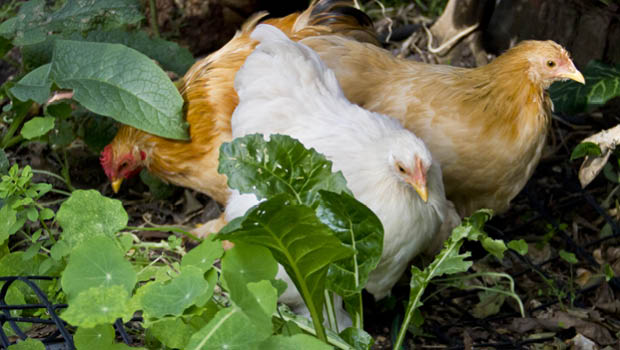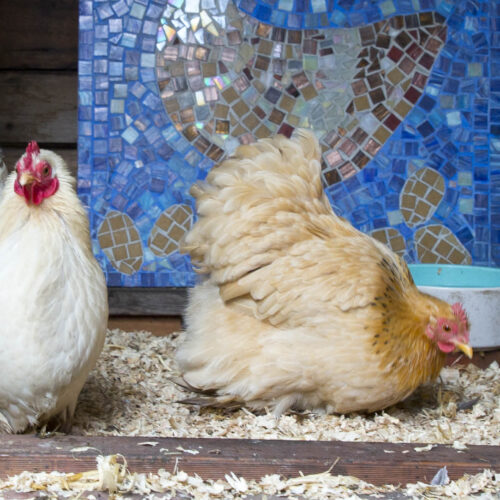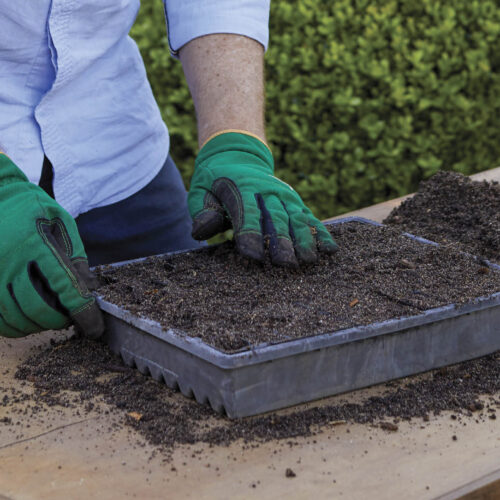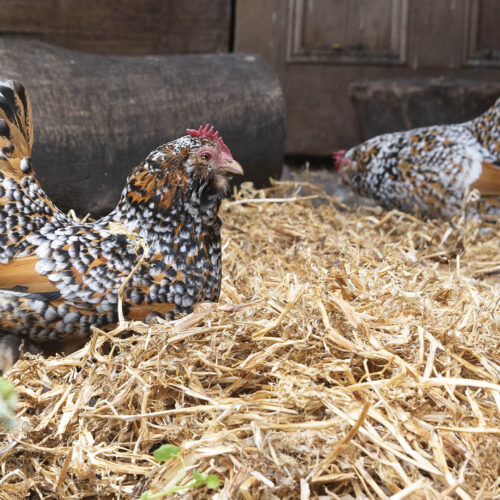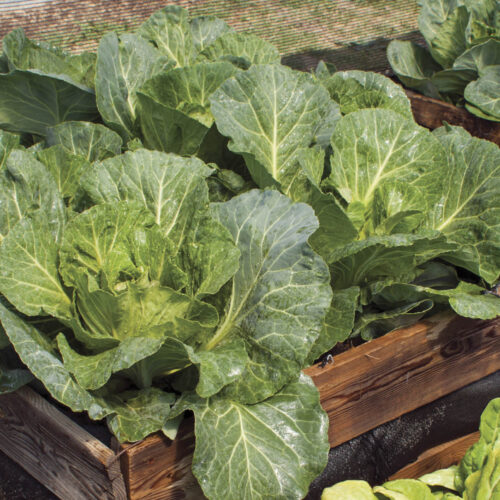Can you feed your chooks on insects alone?
2020-10-29T00:39:59+11:00
Chooks love foraging for bugs in the garden, but poultry can’t live on insects alone, and some invertebrates are better choices than others. Our chook expert talks snails, worms and slugs.
Poultry are descended from the Jungle Fowl who roamed the margins of forest and farmland in Southeast Asia. Their natural diet consisted of seeds and grains, plant matter and insects. Like birds, ancestral Jungle Fowl laid only 8-12 eggs a year, whereas today’s modern hybrids lay 365 days a year!
ISABrowns can now lay an egg a day because they have a far more nutritious diet, with plenty of energy in carbohydrates and fats, and about 16 per cent protein. In fact, hybrids eat around 110g of food a day and lay a 60g egg, so more than half their feed goes to egg formation. If we want gallons of googies, forage does not provide enough nutrition, but it does make a great supplement.
Eating earthworms
Earthworms have been a hot topic lately as we debate including insects in our own diet. While worms are touted as rich in essential amino acids and digestible protein, studies invariably focus on earthworm meal, which is dried and concentrated. Figures drop when looking at fresh worms, far higher in fluid.
Live worms contain 11 per cent crude protein, 1.9 per cent fat, and negligible metabolic energy, while earthworm meal contains 56 per cent crude protein, 7.9 per cent fat and 2.99 per cent metabolic energy. To meet their protein requirements, fowls would need to eat an unfeasible number of live worms a day, and would still require energy. By all means throw the chooks worms as you dig your patch, but don’t rely on them as a significant source of protein.
Maggots versus mealworms
Old-timers often supplemented poultry diets with home-grown maggots or mealworms. While mealworms can live on kitchen scraps, maggots require rotting meat, so are not recommended as poultry food. Rotting meat provides ideal conditions for botulism to grow, and maggots feeding on it can concentrate the toxins, proving fatal for fowls that eat them.
Home-grown mealworms have no such health concerns, but as with earthworms, the dried version contains higher nutrition, about 53 per cent protein.
Choose wisely if buying commercial dried mealworms. Overseas, mealworms may be fed toxic waste, plastic and styrofoam, which they break down into biodegradable waste. Organic devotees might wish to check the country of origin of mealworm snacks and stick to those with reputable health guidelines. Or grow and dehydrate your own!
Slugs and snails
Gastropods are one garden pest chickens should avoid. Slugs and snails are vectors for tapeworm, so can pass it on to fowls. For this reason, free range chooks will need to be tested for worms periodically and treated if required.
Slugs and snails are excellent snacks for ducks, who are not susceptible to tapeworm. Another option is cooking them first; faffery that I am not up for!
Good bugs
Overall, insects provide an enjoyable source of supplementary protein for fowls, but contain insufficient nutrition to replace the balanced ration required for egg lay.
Chickens are safe to eat aphids, grasshoppers, crickets and beetles, and to snap at flies and mosquitoes. My chooks love the green caterpillars of the white cabbage butterfly; I remove these by hand and let the girls squabble over them. Thankfully I have not read of any contraindications for them yet or my chooks would revolt!
Further reading
Nutritive Evaluation of Earthworms as Human Food
Botulism in Australian Wild Birds
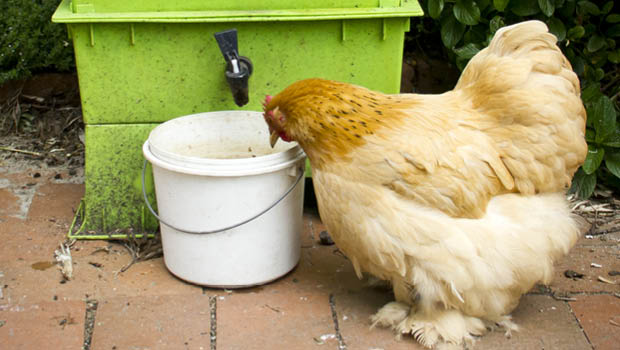
We have heaps of other articles about keeping chooks on our website — here’s some to get you started:

